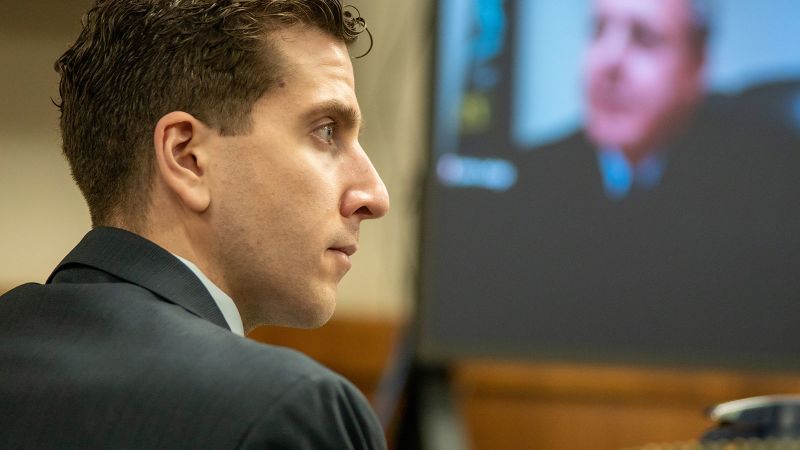
A judge will consider what evidence to allow in the Idaho student killings case at a hearing today. Here’s what to expect
CNN
Attorneys in the case of Bryan Kohberger are set to face off in a Boise, Idaho, courtroom Wednesday over the admissibility of key evidence – including the recording of an emotional 9-1-1 call and the defendant’s alibi – in his approaching death penalty trial for the killings of four University of Idaho students in 2022.
Attorneys in the case of Bryan Kohberger are set to face off in a Boise, Idaho, courtroom Wednesday over the admissibility of key evidence – including the recording of an emotional 9-1-1 call and the defendant’s alibi – in his approaching death penalty trial for the killings of four University of Idaho students in 2022. Kohberger faces four counts of first-degree murder in the deaths of Madison Mogen, Kaylee Goncalves, Xana Kernodle and Ethan Chapin at an off-campus home in Moscow, Idaho. Not guilty pleas have been entered on his behalf. Prosecutors and defense attorneys for Kohberger have submitted dozens of court filings ahead of Wednesday’s hearing, arguing over what evidence they think should and should not be admitted at trial. Such evidence includes Kohberger’s online purchase of a knife and a sheath and whether a witness can describe an intruder on the night of the November 13, 2022, killings as having “bushy eyebrows.” Judge Steven Hippler’s rulings on the motions will shape what a jury could eventually see at Kohberger’s trial, set to begin in August. The hearing, expected to take at least several hours, could stretch into Thursday. It’s unclear if Hippler will rule from the bench during the hearing or release his decisions in a written order later. Defense attorneys for Kohberger are advocating to get the death penalty off the table as a possible sentence should he be convicted. As it stands, the trial will be carried out in phases – the jury will first consider whether the 30-year-old former criminology graduate student is guilty. Then if they convict him of the murders, the same panel would consider whether he should be sentenced to death.

 Run 3 Space | Play Space Running Game
Run 3 Space | Play Space Running Game Traffic Jam 3D | Online Racing Game
Traffic Jam 3D | Online Racing Game Duck Hunt | Play Old Classic Game
Duck Hunt | Play Old Classic Game











